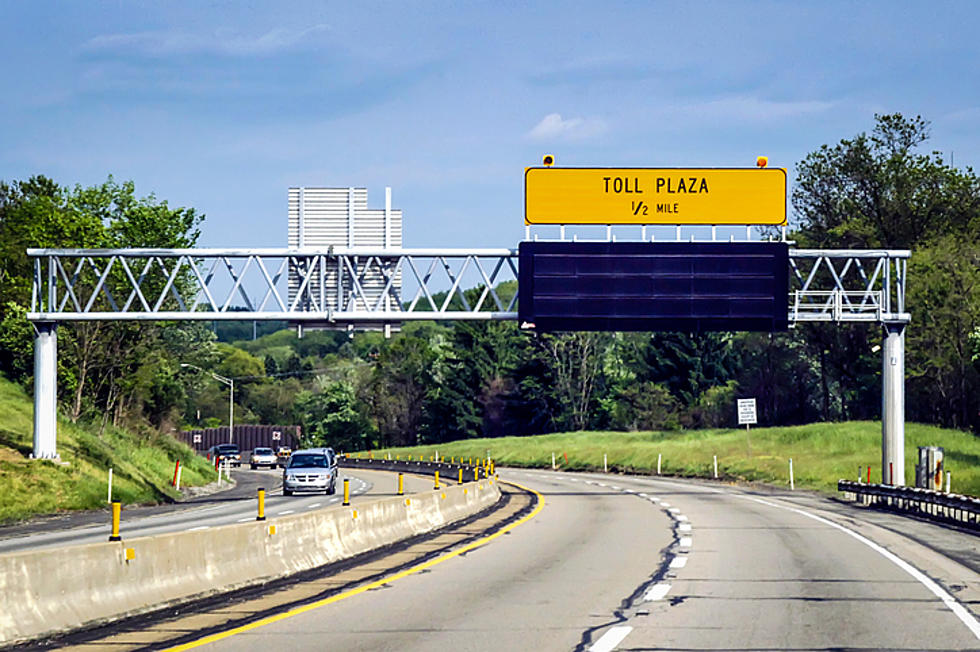
There’s A Week of Rain in the Forecast
Just when things are starting to dry out, it looks like Mother Nature has it in for us again in Southwest Oklahoma. Currently, everyday from Sunday through Friday has some sort of precipitation in the forecast, many days a predicted for storms. This is a bummer for me because I'm tired of mowing my grass already. Don't get me wrong, I love yard work and I really like having a lush green carpet of bermuda grass to walk through, but when the temps are high like it has been the last few weeks, I'm totally OK with the summer dormancy that bermuda embraces when it doesn't get enough water.
Does this mean it's going to storm next week? Well, it's hard to say. Weather forecasts are marginally correct at best, and more than often completely miss the mark. That's just the nature of the media when everyone wants to be the "first" to announce anything... they'll get a quick idea of what the weather "could" do and just roll with it as if it's a fact. That doesn't mean it's not going to storm, it just means meteorologists might get lucky but probably not. Plus, this forecast is in the 10-day extended outlook. Odds of it being correct the first two day and the last two days aren't exactly on their side... but the page views go to whoever gets the news out first I suppose.
If the next week does go down like so many have predicted, I can only assume that the ensuing July 4th weekend will probably be brutally hot as the sun bakes humidity out of the ground. That heat index is no joke, and it's the biggest bummer of our summer months. All the same, farmers always need the rains in moderation, so those who haven't invested in irrigation will benefit tremendously until it dries out again in July.
LOOK: The most expensive weather and climate disasters in recent decades
More From 1073 Popcrush










